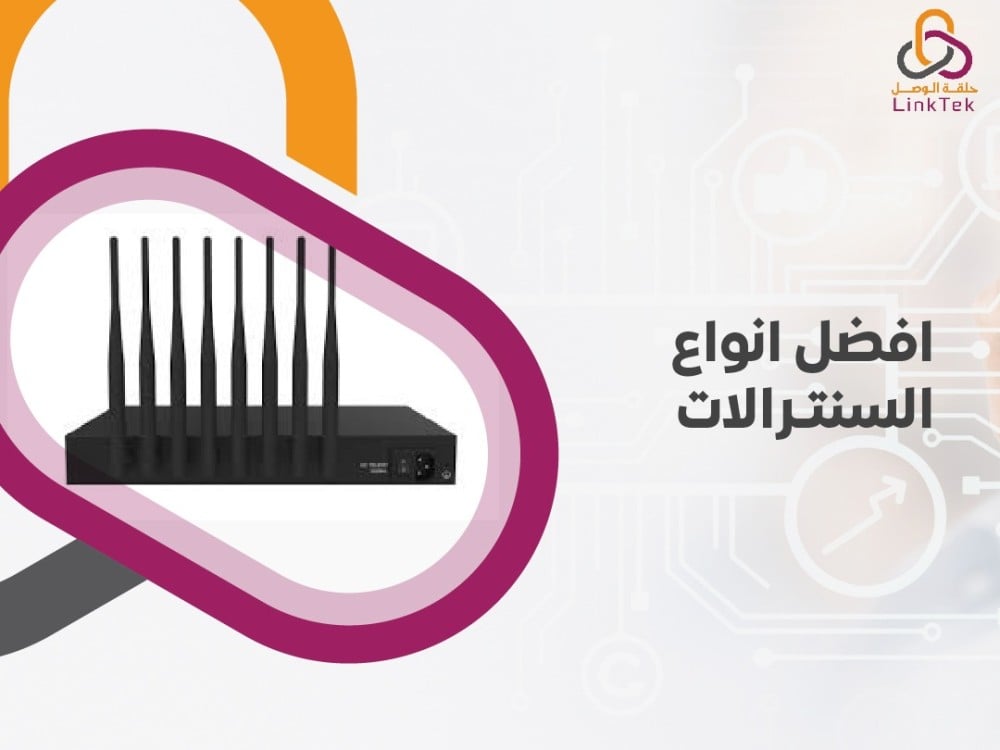
A PBX (Private Branch Exchange) system is a network of interconnected phones that provides various telephony services to users. It can range from small setups with a few phones in a home office to extensive systems used by medium and large companies. Here, we introduce the best types of PBX systems and the key factors to consider when choosing one for your business.
The Best Types of PBX Systems
A PBX system is essential for efficient communication within both small and large companies. It offers numerous features that save employees time and effort in accomplishing their tasks. If you're looking for the best types of PBX systems for your company, consider the following options:
- Digital PBX Systems
- Analog PBX Systems
- Hybrid PBX Systems
- Cloud-Based PBX Systems
Components of an Internal PBX System
An internal PBX system is a complete telephone network that includes numerous lines, allowing for easy call management within your company's premises. It comprises four main components:
- The Main Unit: Responsible for directing all calls from the main line to internal lines.
- The Main Line: Connected to the main telephone, it handles call reception and distribution to internal lines.
- Internal Lines: Connected to multiple telephones distributed across various offices and departments within the company.
- Switch: Supports modern PBX systems.
Factors to Consider When Choosing a PBX System
With numerous PBX service providers available, identifying your needs might seem challenging. However, consider the following factors to find the ideal PBX system:
- Type of Connection Decide whether you want a traditional landline connection or a VoIP (Voice over Internet Protocol) connection. Landlines rely on copper wires, while VoIP systems use the internet. Most companies are shifting to VoIP systems due to their easier maintenance and setup.
- Virtual Systems Virtual systems forward calls from a main business number to employees' mobile or home phones. This option is suitable for small companies without an office or those employing remote workers. Virtual systems offer features like call screening, online fax, voicemail, and the ability to answer calls from anywhere.
- Hosting Options Determine if you want an on-premises or cloud-based system. Cloud hosting is generally more cost-effective, while on-premises systems might offer more control but require more maintenance.
- Call Features Identify the call features important for your business. PBX providers offer between 20-50 call features, including call forwarding, call logs, call screening, voicemail, missed call notifications, call recording, and voicemail-to-email services.
- Collaboration Tools Ensure the PBX system includes collaboration tools that suit your business needs. Modern PBX systems often include features like conference calls, instant messaging, web conferencing, and presence tools to show when colleagues are available.
- Call Transfer If your employees work remotely or from various locations, check if the PBX system supports essential communication tools for remote work. Mobile apps that allow employees to use their work phone lines on their smartphones are ideal for remote work.
Benefits of PBX Systems for Your Business
The primary function of PBX systems is to transmit voice over the internet, making them a smart remote communication solution. However, they offer numerous other benefits, including:
- Secure and unbreachable communication.
- Handling a high volume of calls.
- Uninterrupted and efficient communication.
- Local and international call capabilities.
- Data transfer, download, and storage.
- Easy call distribution among employees.
- User-friendly interfaces.
- Cost savings with VoIP features.
- Call center functionality.
- Support for multiple simultaneous calls.
- Customizable greeting messages.
- Linking multiple branches through the internet.
- Easy installation and operation with internet connectivity.
- Support for multiple internet protocol lines.
- Call forwarding to voicemail.
- Call recording and transfer to mobile devices.
- All types of call handling.
- Integration with other devices.
- Adjustable wait times.
- Wi-Fi call support.
- Ports for landlines and fax.
- Automated answering features.
- Group calling capabilities.
Start your shopping journey at LinkTech and explore a variety of the best PBX systems to find the one that meets your business needs, ensuring competitive pricing and high-quality products.

